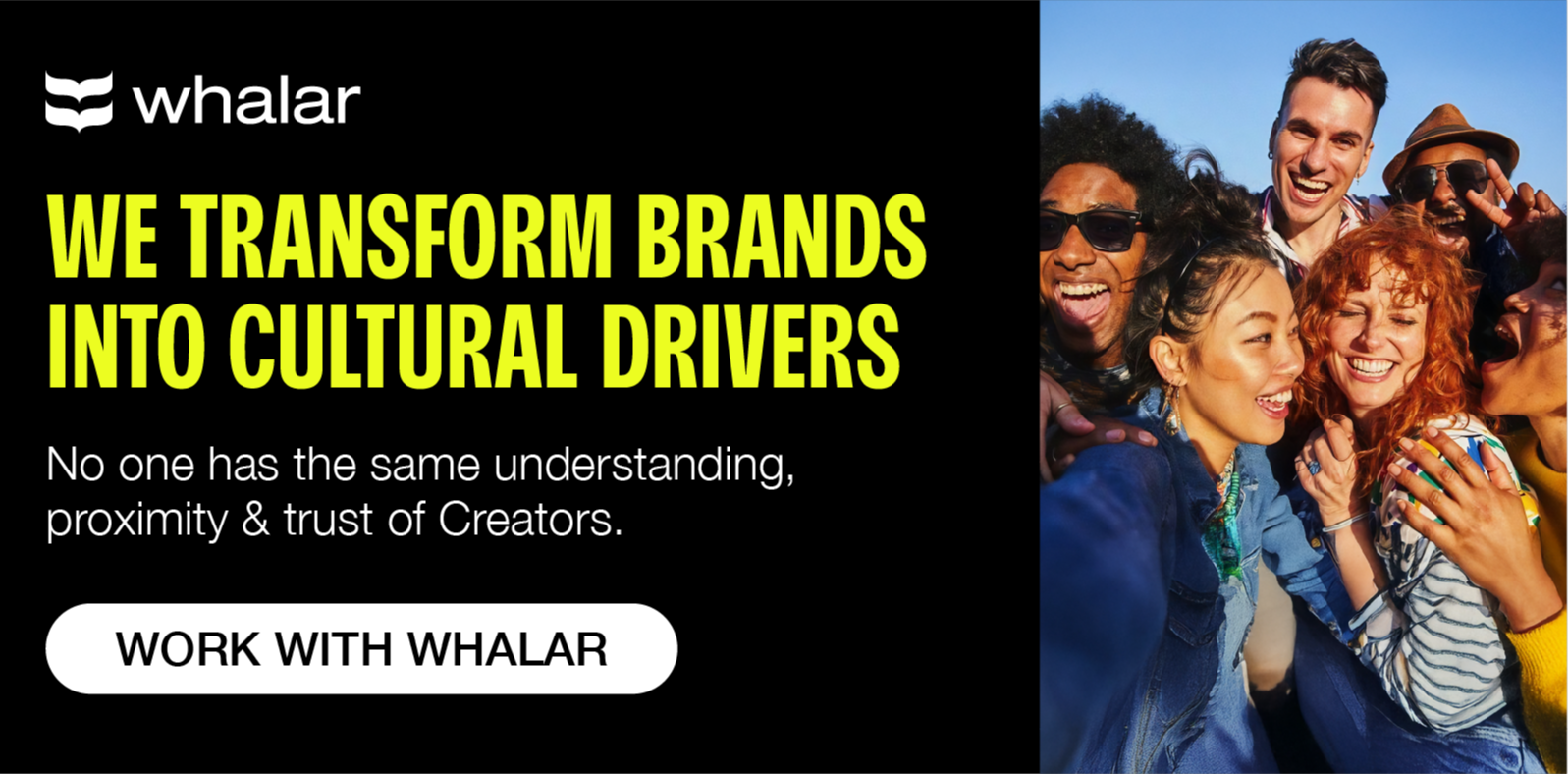- 92.7% of gaming creators work independently, without agencies or management.
- Most creators balance content production with jobs or education, limiting time and availability.
- Sponsorships account for just under a third of creator earnings, with audience trust outweighing short-term revenue.
- YouTube and Twitch remain central, but nearly 90% also post short-form content on TikTok, Shorts, or Reels.
- The findings come from YRS Truly’s upcoming Gaming Content Creator Report 2025, set to launch on October 2nd.
Independence signals both flexibility and fragility in creator–brand partnerships.
When the Gaming Content Creator Report 2025 from YRS Truly goes live on October 2nd, one statistic will stand out above all others: 92.7% of creators operate without agency representation. This is a striking reminder that gaming’s creator economy is still, at its core, a solopreneur-driven space.
The data comes from over 100 surveyed creators, mostly across the UK, Ireland, and Europe, with a combined reach of more than 12 million followers.
YRS Truly frames this as both an opportunity and a challenge for brands. With most creators self-managing, marketers must rethink how they approach outreach, negotiations, and long-term partnerships.
Independence as Strength and Limitation
The near-total independence highlighted by YRS Truly suggests that creators value control over their brand identity, audience, and collaborations.
“Trust is a currency within brand deals, you build it up with your community and spend it,” one respondent emphasized.
But autonomy comes at a cost. Many creators juggle content alongside full-time jobs or education, with only about 30.3% working on content full-time. For brands, this means limited availability, slower turnaround, and the need for efficient, respectful communication. YRS Truly notes that misaligned or overly complex pitches are easily dismissed in such a context.
Platform Diversification and Audience Strategy
The report also reveals platform dynamics. While Twitch and YouTube anchor most creators’ activity (68%), the rise of short-form is undeniable: 89% post on TikTok, Instagram Reels, or YouTube Shorts. YRS Truly highlights that repurposing content across formats allows creators to extend reach without excessive effort—a pragmatic adaptation that reflects their time constraints.
This strategy reinforces why brand campaigns must be platform-agnostic, ensuring messaging is flexible enough to travel across video lengths and audience behaviors.
Sponsorship Economics and Community Loyalty
Perhaps the clearest takeaway for brands: creators will not compromise audience trust for sponsorship dollars. Sponsorship income averages 29.6% of overall earnings, but 70.7% of respondents rated concern for community reaction at 7 or higher out of 10 when evaluating opportunities.
YRS Truly’s report stresses that brands must align with creator values and audience expectations to be considered. Every respondent said they were open to negotiating rates, with 65.9% offering adjusted pricing for indie projects, but misaligned sponsorships face rejection regardless of budget.
As MJ Widomska, founder of YRS Truly, explains:
“Many opinion pieces have been written about the state of creator marketing in games, but very few include direct insight from content creators. We wanted to correct that.”
Events and Incentives Beyond Sponsorship
Another dimension explored is event participation. 36% of creators expect financial support for travel and lodging when attending, but beyond cost, events are viewed as powerful incentives. They provide opportunities for content creation, networking, and direct community engagement, making them attractive components of brand partnerships.
Looking Ahead to the Full Report
The headline statistic, 92.7% of creators working independently, tells the decentralization and fragility of the gaming creator economy. With the official launch of YRS Truly’s Gaming Content Creator Report 2025 on October 2nd, industry professionals will gain deeper insights into how to engage with creators who operate largely on their own.
For brands, the lesson is clear: partnerships require streamlined communication, aligned values, and respect for the delicate balance creators manage between passion, community, and sustainability.


